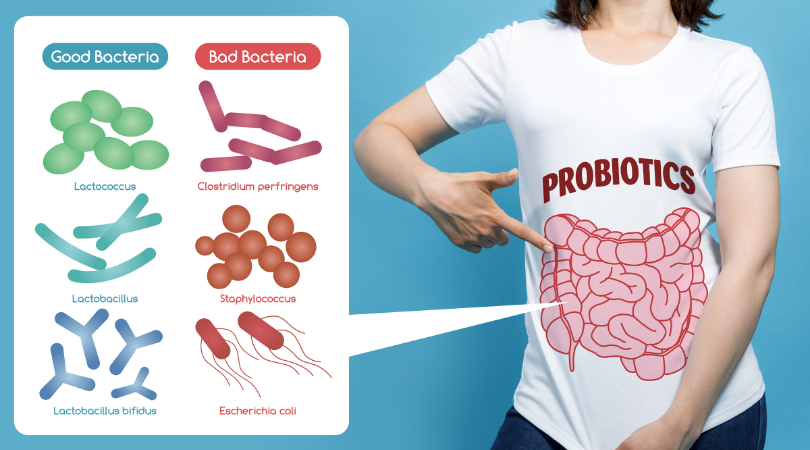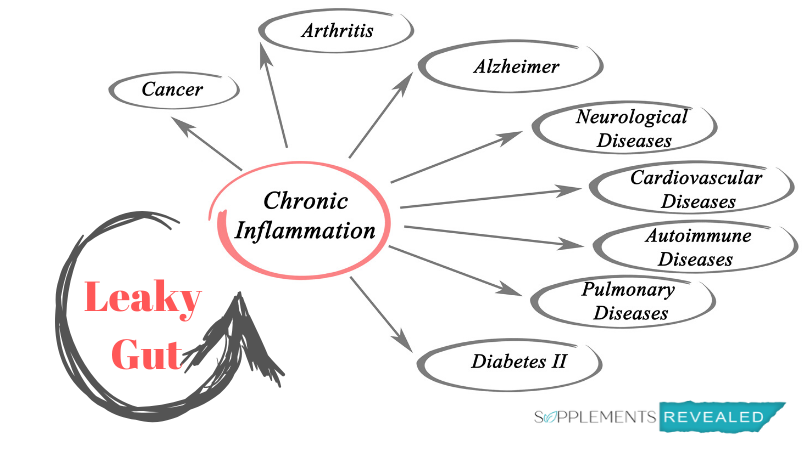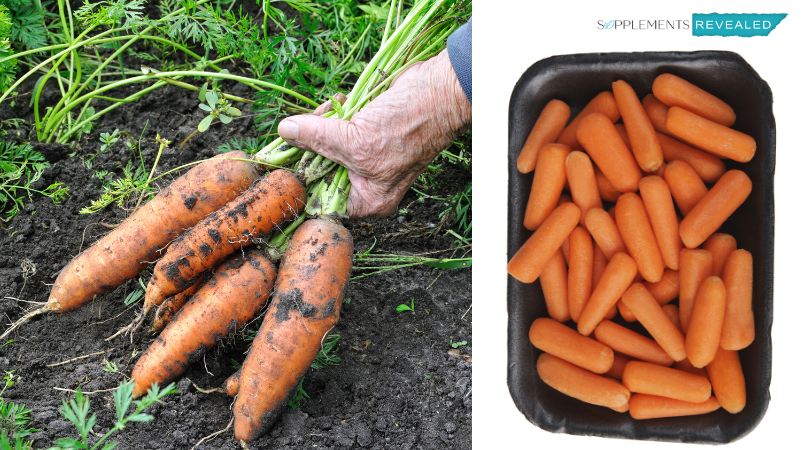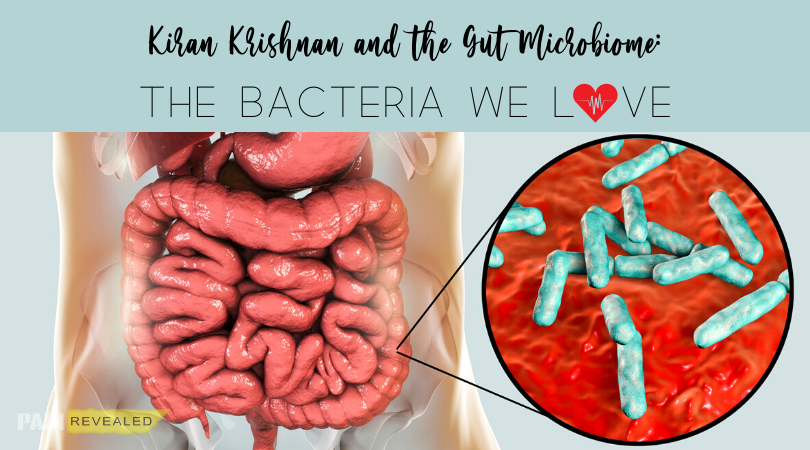A conversation with Kiran Krishnan almost feels like stepping into the world of science fiction: “We really are a collection of organisms. There’s a word for it, it’s called holobiome… The holobiome means a super-organism. So what we really are is a walking talking rain forest. We are a collection of mini-ecologies all over our body.”
In addition to his title of research microbiologist, Kiran describes himself as a supernerd, “My superpower is I’m a supernerd who can talk to humans.” He loves to break down complex subjects and make them more understandable. His passion: the microbiome and its role in gut health. And it was through his work and research at Microbiome Labs that he formulated MegaSporeBiotic.
“We kill, kill, kill the bacteria, not understanding that basically 90% of what we are is bacteria,” he explains. He adds that we have about 100 trillion cells that live within our system, as opposed to only around 10 trillion human cells. We also have about 3 ½ million bacterial genes in our system that we depend upon day-to-day for up to 90% of our metabolic function.

These beneficial bacteria, commonly called probiotics, are essential to our health in a long list of ways – ways that are still being discovered.
Through his work at Microbiome Labs, a study was published in The World Journal of Gastrointestinal Pathophysiology on the topic of leaky gut, referring to the epithelium, a layer of cells that block or let substances through the GI system and into the body. Leaky gut is known to set off a big immune response because of the toxicity in the blood.
In a nutshell, the study took 100 healthy college students, screened them for leaky gut, and looked at toxins and inflammatory markers in the blood 3 hours after meals. They found 6 times the level of these toxins than were present in the fasting state. 55% of these otherwise healthy students had this severe toxigenic response to food, a sign of future health problems and initiation of disease states.
This toxigenic response leads to autoimmune disease, obesity, diabetes, anxiety, depression, and other problems. He continues, “There are literally now thousands of studies that show that same type of inflammation that’s caused by the leakiness in their gut. That inflammation is the etiology or the main cause of many of the chronic illnesses that we’re dealing with.”

Taking it a step further, they did a 30 day randomized double-blind placebo-controlled study, giving one group a placebo and the other a probiotic. The group that received the probiotic experienced a 60% reduction in the leaky gut symptoms and toxicity. The control group actually got worse and showed increased toxicity. Presently, they are doing a 90 day version of the study.
The key to the success of the patients receiving probiotics was the research that went into the probiotic strains themselves, because not all strains are created equal, emphasises Krishnan. Many strains die in the intestinal tract, “Imagine our intestines have a surface area of a professional tennis court if you open it all out. Every square millimeter of that is already covered by bacteria, there’s no real estate in there. So, they have to be able to go in there, be tough enough to bump some guys out, and hang out there.”
The most successful probiotics use strains that express proteins that allow them to bind to the intestinal lining and successfully compete with the other bacteria in the GI tract.

Krishnan maintains that these are the very strains that our ancestors were exposed to, “Our ancestors for the most part evolved through a period where they were getting huge exposure to these types of bacteria. It’s only been in the last 30, 40, 50 years that we’ve put up all of these concrete jungles and sterilized everything. And we no longer get exposure to them.”
He encourages consumers to investigate probiotic options carefully and choose ones that are backed by research. He also encourages people to learn as much as possible about microbiome health, and the role of bacteria in our lives.
“We’ve never been able to generate health by killing stuff. We generate health by bringing balance and harmony,” Krishnan emphasizes. A mere 0.01% of bacteria known to man are pathogenic. The rest are benign or beneficial and should be in our environment. If we allow the good ones to flourish, it helps to keep the bad ones in check.

